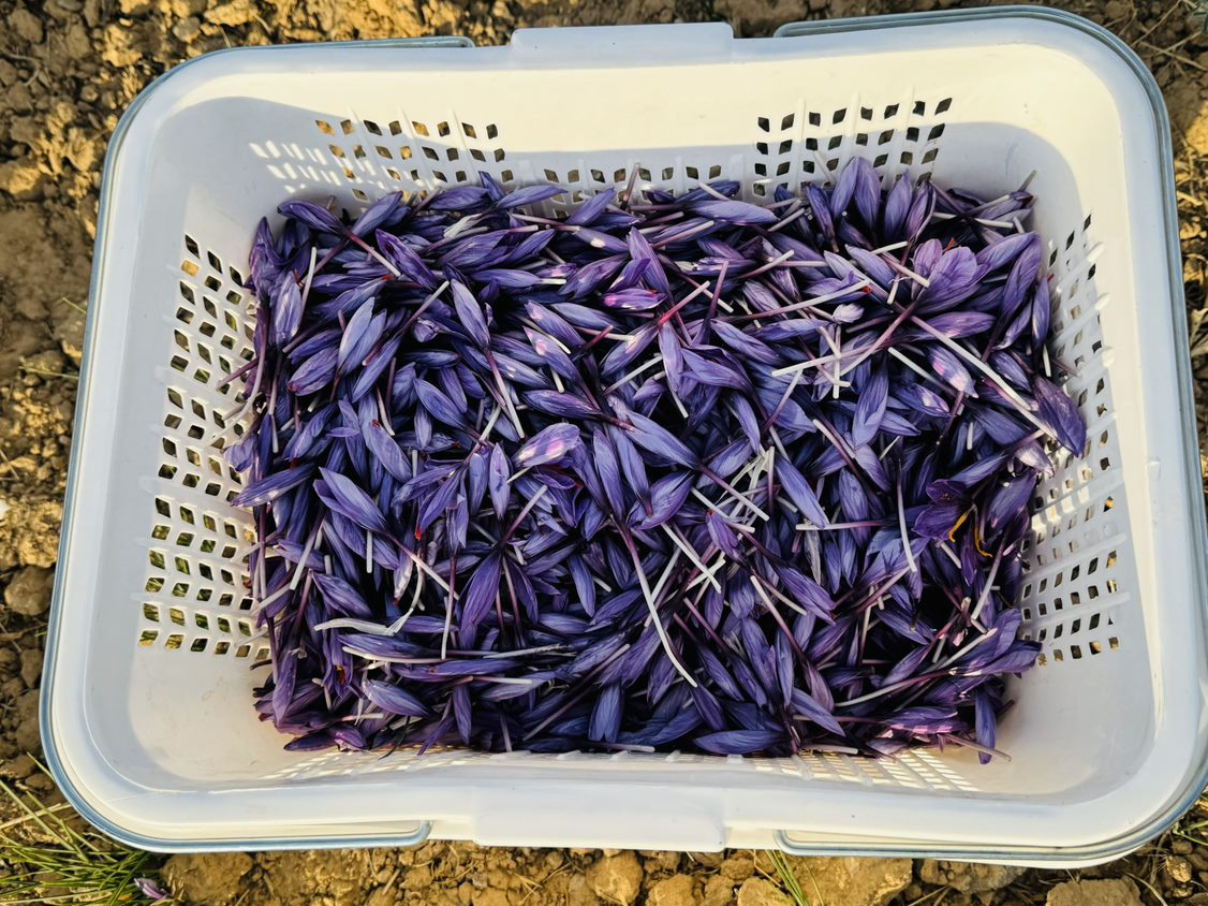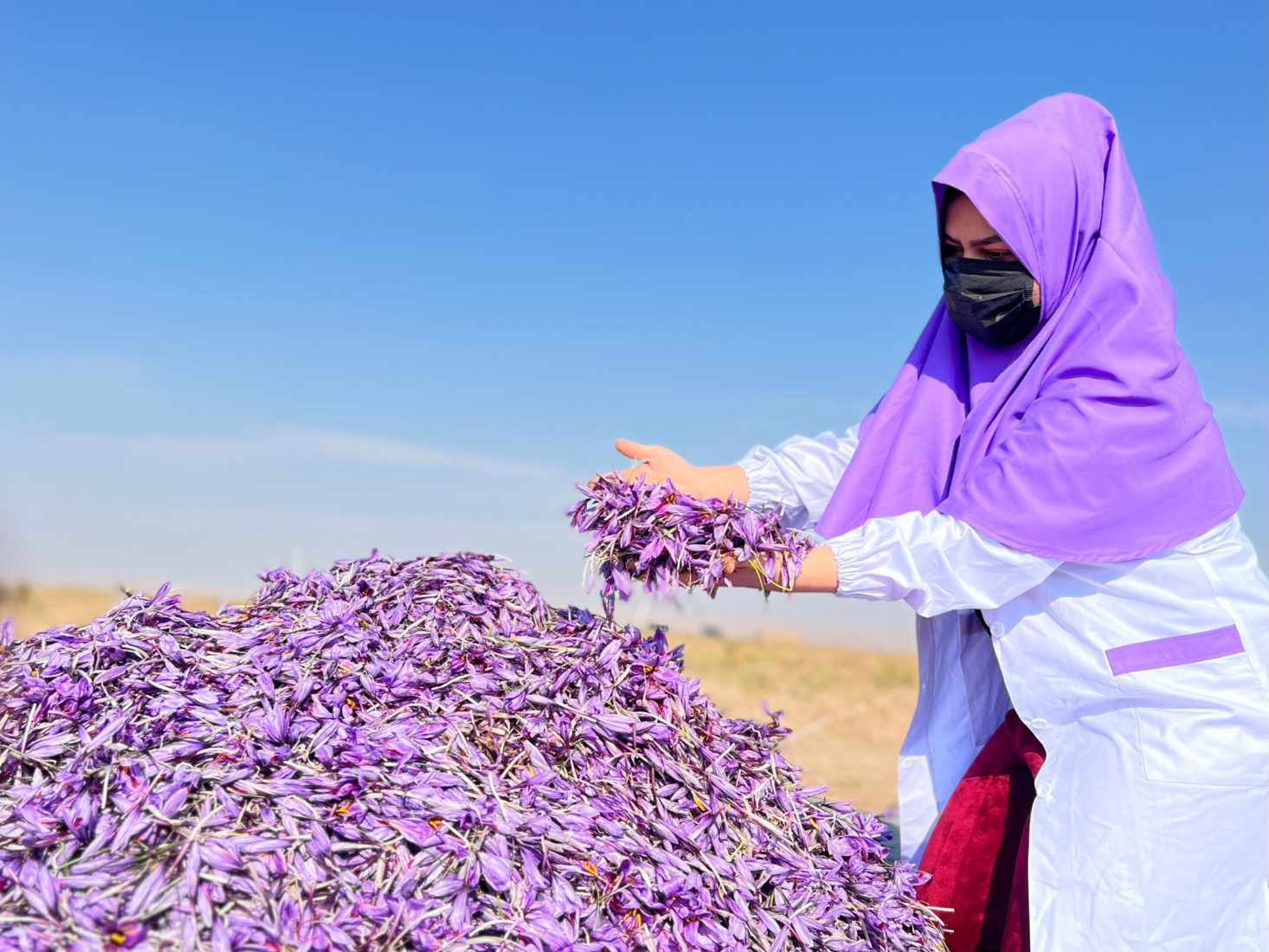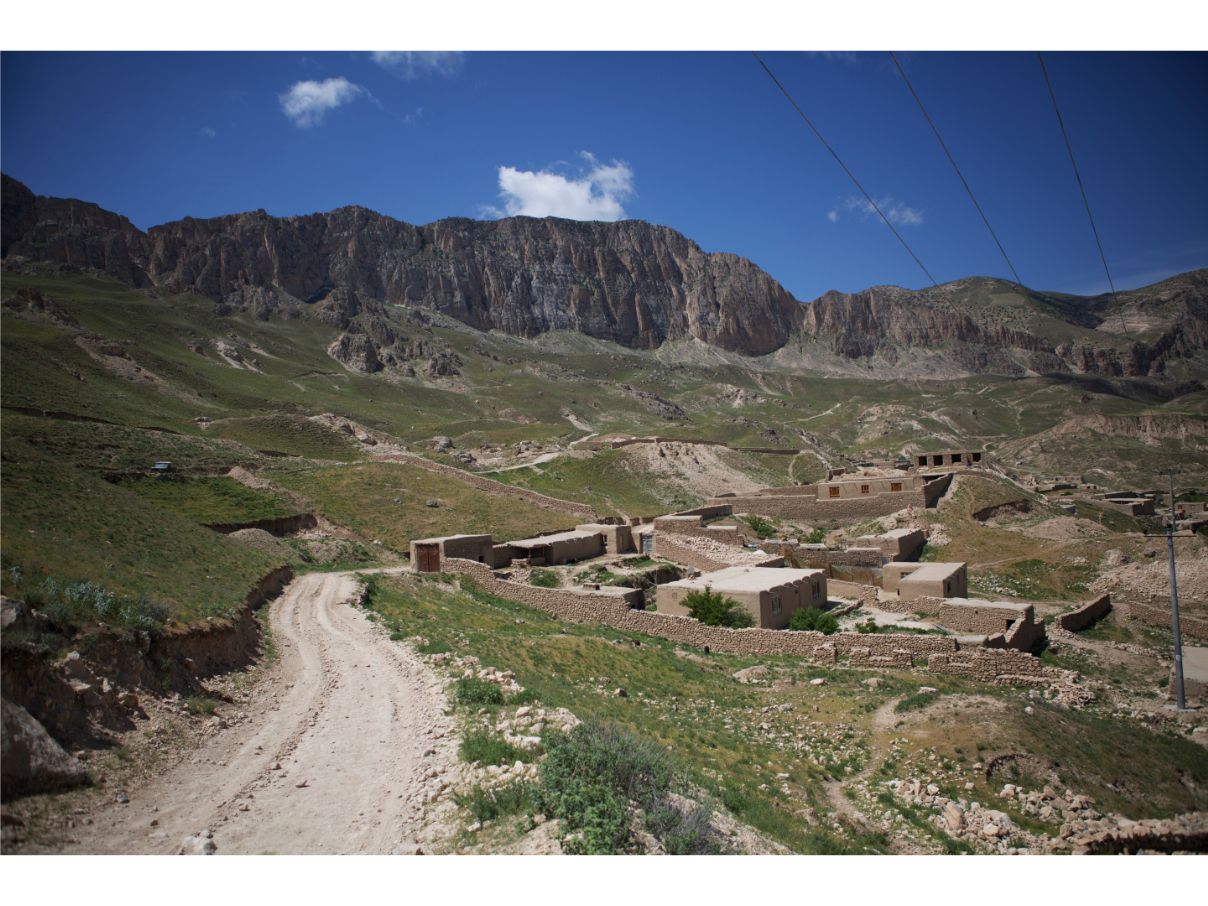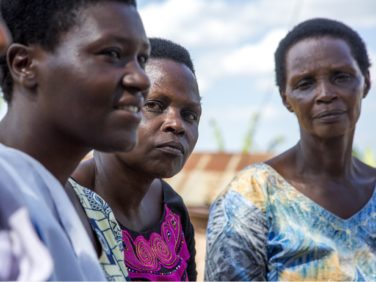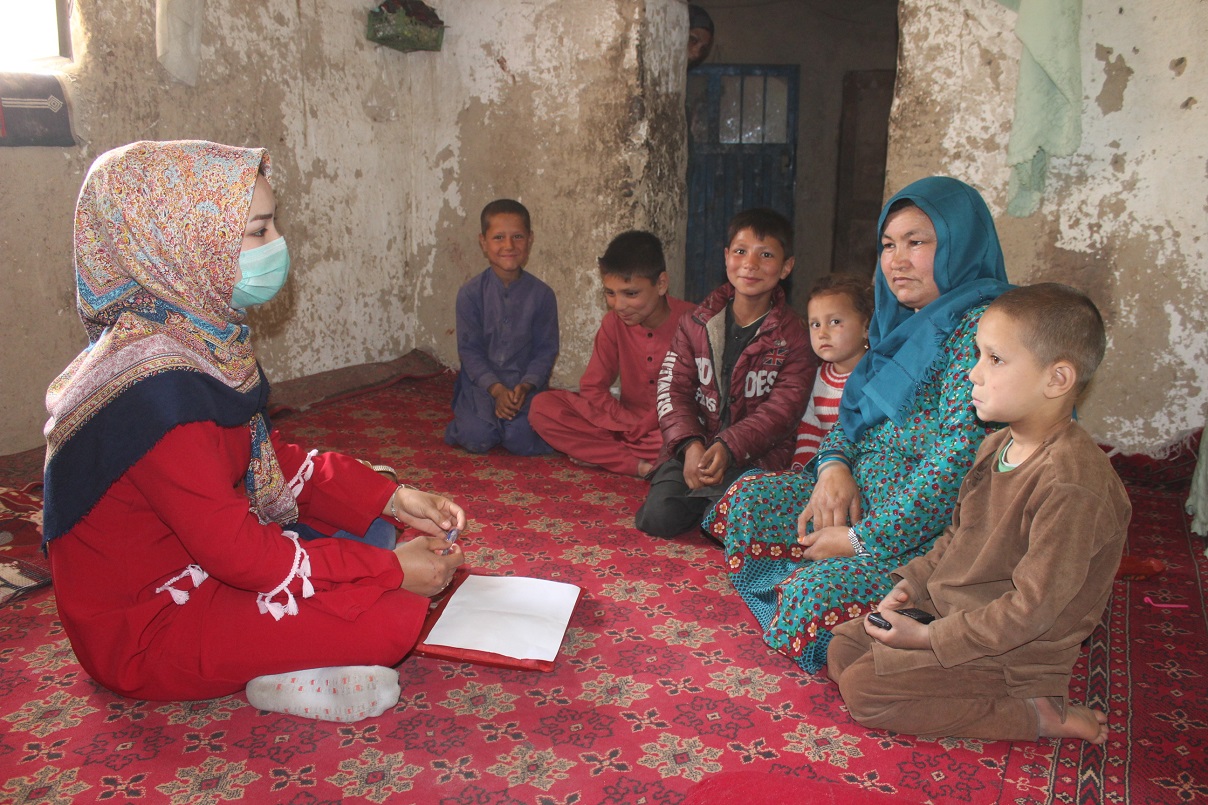Although the risk of serious illness and death from Covid-19 is greater among men and the elderly, women in the developing world face unique challenges that shouldn’t be ignored. In this article, Hand in Hand Programme Development Manager Isabel Creixell explains how women are being affected – and what Hand in Hand is doing to help them.
Livelihoods
Women are traditional caregivers: when a family member gets sick, it’s their job to step in. First and foremost, this puts them at greater risk of infection. But even in cases when they don’t fall ill, the burden of household work can increase exponentially, particularly at a time when children are home from school. Parents all over the world have been struggling with a version of this, and in many cases feeling completely overwhelmed. Now imagine if you also had to walk miles every day to fetch water, plus do the chores and shopping yourself, all while tending to the smallholding that’s keeping your family from starving and, in many cases, trying to run a small business on the side. Something’s got to give, and when a family member or members fall ill that thing is almost always the business – and in many cases the farm.
Hunger
Women working as unpaid nurses don’t have time to be unpaid farmers. In households where men don’t share the burden (most of them, in rural settings) and virtually 100 percent of female-headed households, health crises can turn to hunger crises, quick.
Across our operating countries – right now – there are women who don’t have the time to grow food because of coronavirus and don’t have the savings to buy it. Those who do have savings will be running out soon. At the same time, women are more likely than men to work in the informal economy, meaning they lack social protections like insurance or sick paid leave. Their capacity to absorb shocks, in other words, can be effectively non-existent.
Finally, and maybe most starkly, when economic pressures and food shortages visit rural households, tradition often dictates that women and girls eat least and last.
Gender-based violence
Increases in gender-based violence during lockdown have rightly caught our attention here in the developed world. The developing world, where rates of violence against women are significantly higher, deserves our attention too.
Let’s not forget that things could get worse, not better, as the lockdown lifts and the true extent of our economic crisis begins to dawn. If isolation is one cause of gender-based violence, stress and financial difficulties are two more. At a time when every spare penny will have gone to buying food, escaping violent relationships will be more difficult than ever.
Health
Health services can be universally lacking in the countries where we work. But even when they’re available women face unique challenges in accessing them. In some communities, restrictive norms keep women from travelling alone. In others’, doctors won’t see them unless their husband – who could well be ill with Covid-19 – is present at the appointment.
How Hand in Hand is helping
Long-term plans to help women weather the coming economic storm are being developed by our programmes teams now.
In the more immediate term, we’ve already taken measures to protect our women members. These include:
- Reaching women that official health guidance hasn’t, typically via their Self-Help Group leaders, to spread information about social distancing, handwashing and other virus prevention measures.
- Providing opportunities to talk about domestic abuse. Although they’re stuck in their homes, some women find that simply having a space to talk about their situation can benefit their mental health. When the lockdown is over, we can more actively direct them to support services.
- Providing information about keeping their businesses running, from how to produce items such as soap and masks to boosting food security by pointing rural members to alternative sources of seedlings and crops.
- Working with men, who make up roughly 20 percent of our members, to share information about the benefits of sharing household tasks.
- Reaching men with targeted messages about coping mechanisms, and providing someone to talk to, in order to reduce the incidence of domestic abuse.
